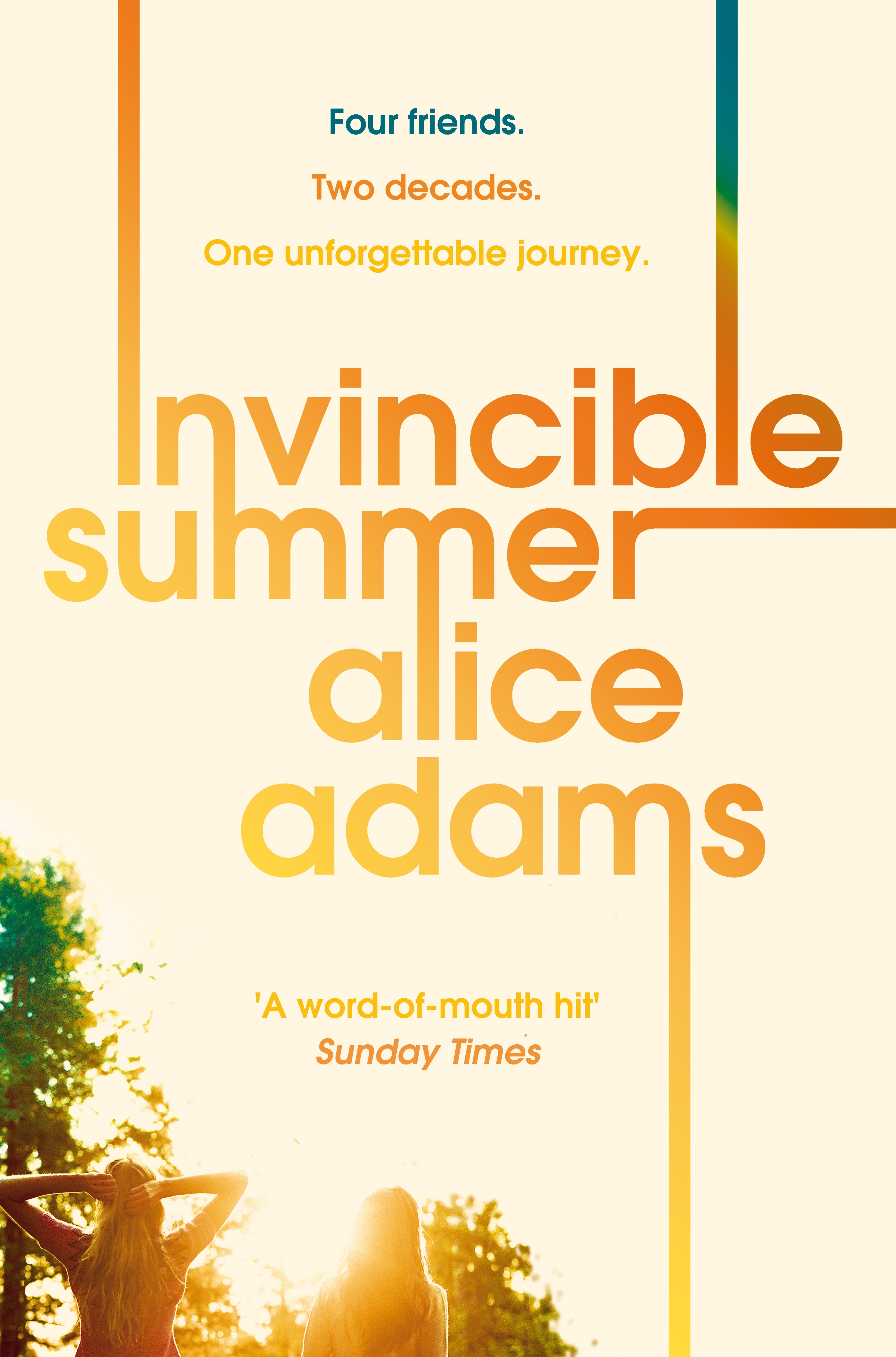
So we’re back in ‘feel-good fiction’ territory with a novel mostly about Clare, whose husband has had a kind of conniption and decided to leave their marriage. She becomes unhinged by this and takes some long service leave, and this coincides with her meeting a new neighbour, Louisa, who has plans for a catering business centred on funerals. Clare is persuaded to help out – she’s always been a dab hand in the kitchen and her chicken sandwiches are to die for – ha, ha!
Louisa is a larger-than-life character – tall and funny as well as kind. She’s soon in and out of Clare’s kitchen when Clare needs a friend. An accident that has left her face bruised and her front teeth chipped has confined Clare to her home. We find out that Louisa’s bouncy, chatty manner hides a secret heartache.
The story flips to Chris and his own marriage break-up – a relationship that has turned sour when he and his wife found they were unable to conceive. He thinks back to his relationship with Beth when he was in London – was she his one great love? He determines to find out if she is still in Australia – he has a box of her things he’d like to return. Chris is also no stranger to death, being an ER doctor, and it is this that brings about his first meeting with Clare at the caterers’ very first wake.
Clare worked at a very fast pace. It wasn’t until people began streaming through the doors that Louisa admitted how uncomfortable she felt around crowds. Somehow, stupidly, she’d thought mourners would be different. Quieter, less of a strain on her sensibilities. But not so. The opposite, really – all those families. She disappeared into the kitchen as the room filled up. I’ll hold the fort in there, she said with a look of concern and apology. And so Clare moved around the room in something approaching a run: she hovered by groups, raced off to the kitchen, came back, checked on what people had, offered plates and darted off again.
The Wakes makes you aware of the idea that “in the midst of life we are in death” in that it is the passing of loved ones and the proximity of death that makes the characters feel aware of the wonders of life. That we only have one and we must seize the day. But there’s also a lot about the complexities of friendship. Chris’s great friend is Max, who is dying; there are other friends – particularly Paul, who was also in London during the Beth era.
Paul has his own chapters, too, and his role in the story is important as a catalyst for what happens. Paul’s a kind of counterpart for Louisa in that he’s always quick with the ready wit and can rattle off a vast selection of pop culture references at any given opportunity. But Paul’s life is an empty shell. We are not really supposed to like. him – he works in advertising – but I couldn’t help feeling sorry for him. Chris, as an ER doctor, is obviously more worthy.
Perhaps it was these moral undertones that put me off the book a little. That and the funerals. It is difficult to balance the weight of grief with that of the hopeful resolutions that we wish for the characters. Sometimes it just got a bit too much. Or was it just that I liked the more light-hearted scenes better? Perhaps if I’d just lost someone dear to me, I’d have found the book more relatable. The Wakes is a three-star read from me.








